In the fast-evolving world of blockchain technology, developers and enthusiasts are constantly on the lookout for efficient and scalable solutions. Enter Polygon RPC API, a pivotal element in the blockchain ecosystem that promises to propel the capabilities of decentralized applications (DApps) to new heights. This blog post aims to demystify Polygon RPC API for blockchain developers, Ethereum enthusiasts, and tech aficionados, laying out its key features, functionality, and how it’s shaping the future of decentralized applications.
Introduction to Polygon RPC API
A. Brief Overview of Polygon
Polygon, formerly known as Matic Network, has emerged as a frontrunner in providing scalability solutions to the Ethereum blockchain. By offering a multi-chain system, Polygon enables a wider range of use cases by supporting a faster and more economical infrastructure for DApps development.
B. The Role of RPC (Remote Procedure Call) in Blockchain
RPC in the context of blockchain is a protocol that allows for the remote execution of commands across a network. It plays a fundamental role in interacting with blockchain nodes, enabling the sending of transactions, querying blockchain data, and more, without needing to run a full node locally.
C. The Importance of the Polygon RPC API
The Polygon RPC API is the conduit through which developers can communicate with the Polygon blockchain. It simplifies the process of building and managing DApps by providing a robust set of tools that streamline interaction with the Polygon network.
Key Features of Polygon RPC API
The Polygon RPC API is distinguished by its high performance, reliability, and compatibility with Ethereum’s tools and infrastructure. This compatibility ensures that developers can easily migrate or develop Ethereum-based applications on Polygon, benefiting from its enhanced scalability and lower transaction costs. The key features of the Polygon RPC API include:
- Faster Transactions: Polygon’s Layer 2 solution allows for faster and more efficient transactions, with a block confirmation time of 2 seconds.
- Cost-Efficiency: By utilizing a multi-chain architecture, Polygon offers extremely low transaction fees compared to the high gas prices on Ethereum’s mainnet.
- Ethereum Compatibility: Developers can easily port their existing Ethereum applications to Polygon without any significant changes, thanks to the API’s compatibility with Ethereum tools and infrastructure.
- Robust Tooling: The Polygon RPC API comes equipped with a comprehensive set of tools for building and managing DApps on the network, including web3 libraries, transaction signing tools, and more.
How to Use Polygon RPC API
The following steps outline a basic process for interacting with the Polygon network using the RPC API:
- Choose an Ethereum wallet provider that supports the Polygon network, such as Metamask or MyEtherWallet.
- Obtain testnet MATIC tokens from a faucet, or purchase them on an exchange to use on the test network.
- Configure your wallet to connect to the Polygon network by adding a custom RPC with the correct endpoint URL.
- Use web3 libraries or transaction signing tools to interact with the network, such as sending transactions, querying blockchain data, etc.
Functionality of Polygon RPC API
The Polygon RPC API offers comprehensive functionality, including smart contract deployment and interaction, transaction processing, and access to historical blockchain data. These features are instrumental in developing diverse applications, from simple token transfers to complex decentralized finance (DeFi) protocols. Some of the core functionality offered by the API includes:
- Sending Transactions: Developers can use web3 libraries or transaction signing tools to send transactions on the Polygon network, allowing for fast and cost-efficient transfers of MATIC tokens or other assets.
- Smart Contract Interaction: The RPC API facilitates the deployment and interaction with smart contracts on Polygon, enabling developers to build decentralized applications with complex logic and functionality.
- Access to Blockchain Data: Developers can query the Polygon blockchain for historical data such as block information, transaction details, contract state changes, etc., using the API’s robust tools.
Use Cases of Polygon RPC API
1. Decentralized Applications (DApps) Development
The API facilitates the creation of DApps that can scale efficiently, handle large user bases, and provide a seamless user experience, all while maintaining the security and decentralization inherent to blockchain technology.
2. Enterprise Solutions
Polygon’s infrastructure supports enterprise-level applications, offering solutions for supply chain management, data verification, and more, thereby unlocking blockchain’s potential for business.
3. Gaming and NFTs
With its ability to handle high transaction throughputs at low cost, the Polygon RPC API is ideal for developing blockchain-based games and NFT marketplaces, fostering novel forms of digital ownership and gaming economies.
4. Financial Services and DeFi
The scalability and Ethereum compatibility of Polygon make it a prime choice for DeFi projects looking to offer a broad array of services, including lending, borrowing, and yield farming, without the limitations of Ethereum’s mainnet.
Getting Started with Polygon RPC API
Setting up an Environment
To begin using Polygon RPC API, developers need to set up their development environment, which typically involves configuring a project to interact with the Polygon network. This setup process is well-documented and supported by a range of development tools and libraries.
Basic Commands and Requests
The Polygon RPC API supports a variety of RPC commands and requests, enabling developers to interact with the network in numerous ways. Examples include retrieving the balance of an account, sending transactions, and calling smart contract functions.
Integration with Existing Projects
Thanks to its Ethereum compatibility, integrating Polygon RPC API into existing Ethereum-based projects is straightforward. This allows projects to leverage Polygon’s advantages without extensive redevelopment.
Conclusion
The Polygon RPC API represents a significant leap forward in the realm of blockchain development, offering a scalable, efficient, and user-friendly pathway for developers to explore the limitless possibilities of decentralized technology. Whether for DApps, enterprise solutions, gaming, or DeFi, the Polygon RPC API stands as a testament to the innovative spirit driving the future of blockchain.
FAQ Section about ‘Polygon RPC API’
What exactly is the Polygon RPC API?
The Polygon RPC API enables seamless interaction with the Polygon blockchain, offering developers a powerful toolkit for building and managing DApps.
How does it enhance transaction speeds and efficiency?
By utilizing a unique multi-layered architecture, the Polygon RPC API dramatically improves transaction throughputs while reducing costs, making it a superior choice for applications requiring high scalability.
Is it compatible with Ethereum-based DApps?
Yes, the Polygon RPC API is fully compatible with Ethereum, allowing for easy migration of Ethereum DApps to take advantage of Polygon’s scalability benefits.
What kind of security measures are in place?
Polygon implement state-of-the-art cryptographic techniques and network protocols to ensure the security and integrity of transactions processed via the RPC API.
Can I use Polygon RPC API for NFT projects?
Absolutely! The API supports the development of vibrant NFT ecosystems, facilitating the creation, sale, and transfer of digital collectibles on the Polygon network.
Where can I find documentation or tutorials?
The official Polygon documentation and community forums are excellent resources for developers starting with the Polygon RPC API. They provide detailed guides, tutorials, and support to help you successfully launch your project on Polygon.
Explore the potential of the Polygon RPC API and join the revolution in decentralized technology. Discover the resources and community backing that make Polygon an unbeatable platform for blockchain innovation.
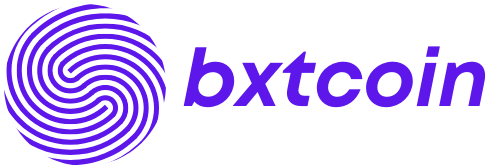
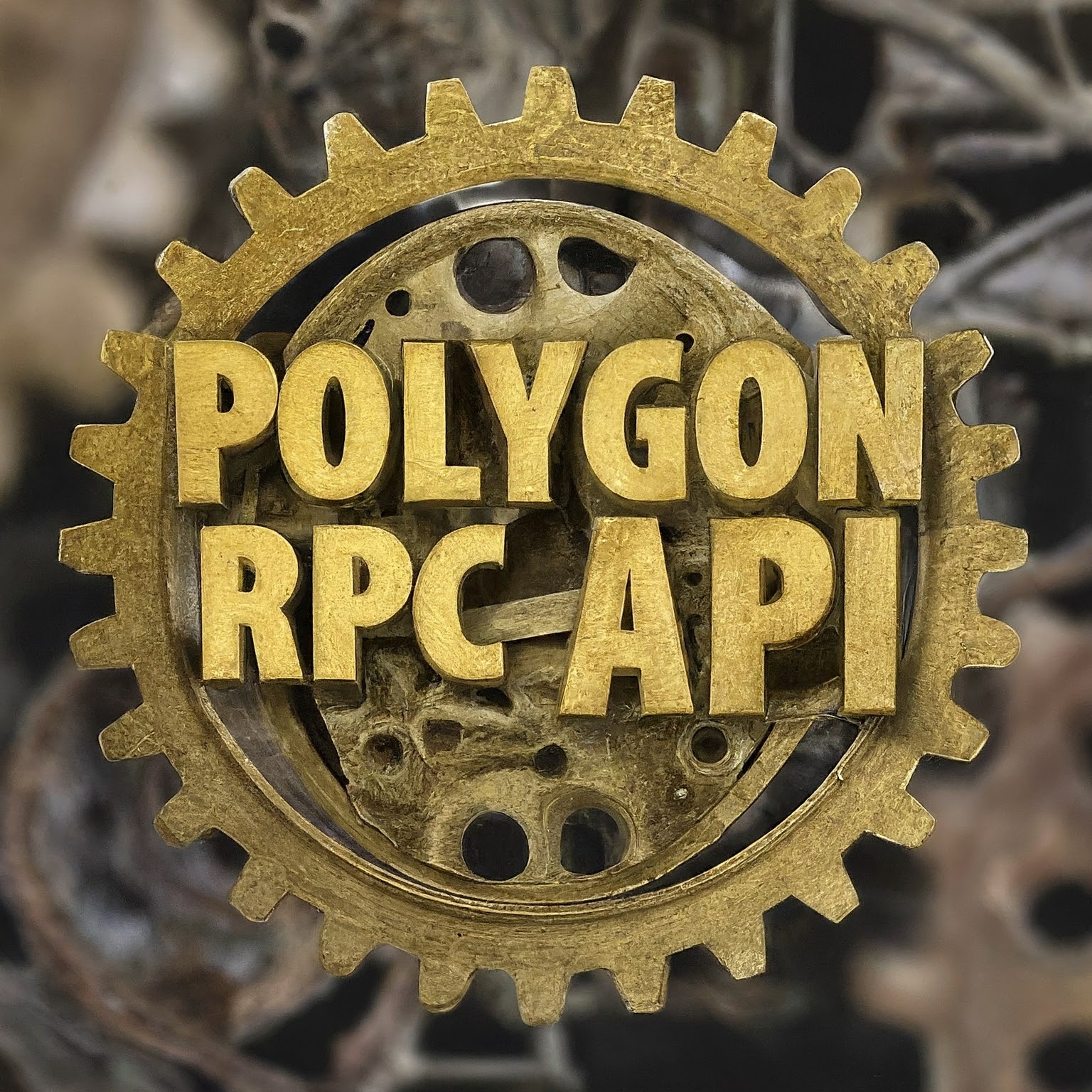
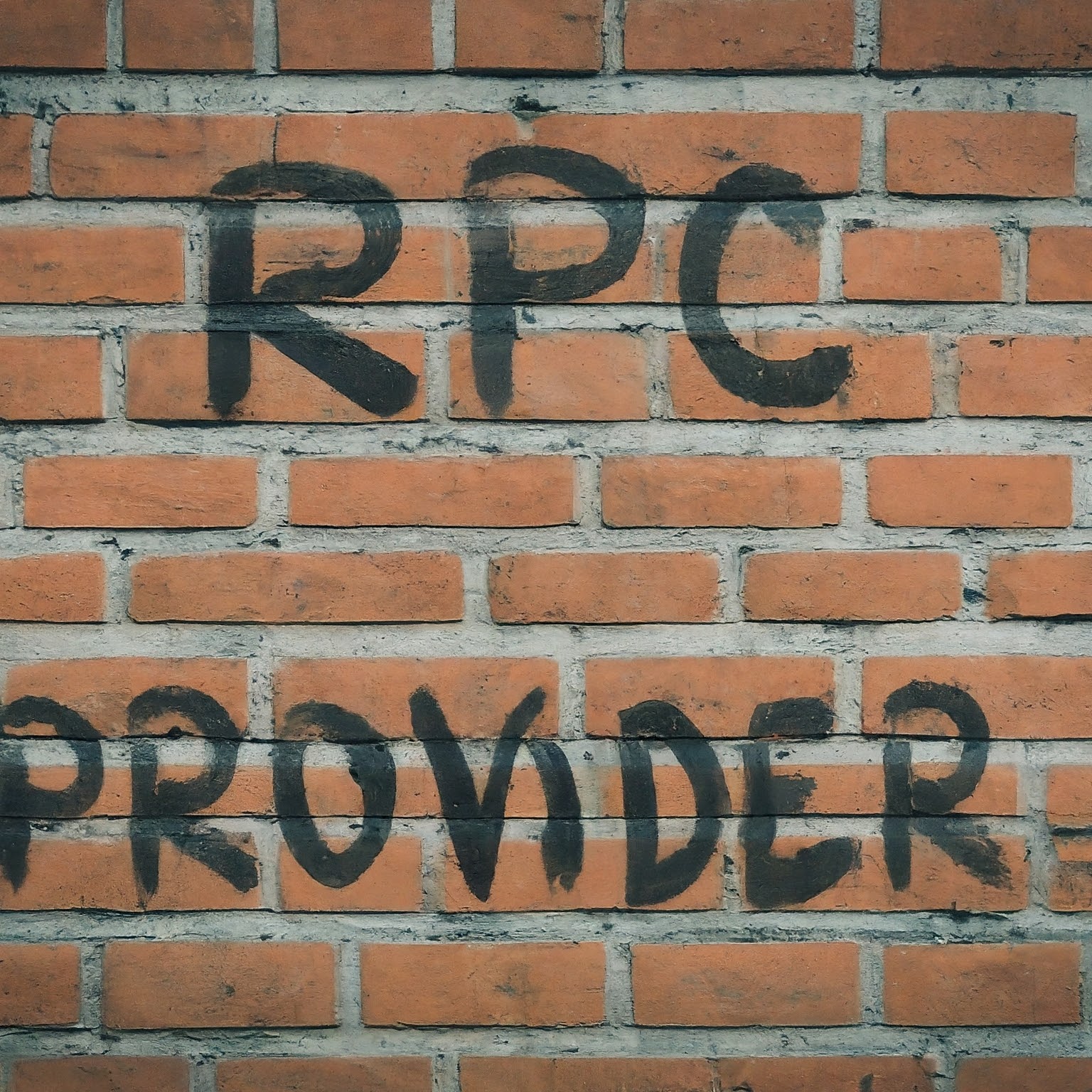
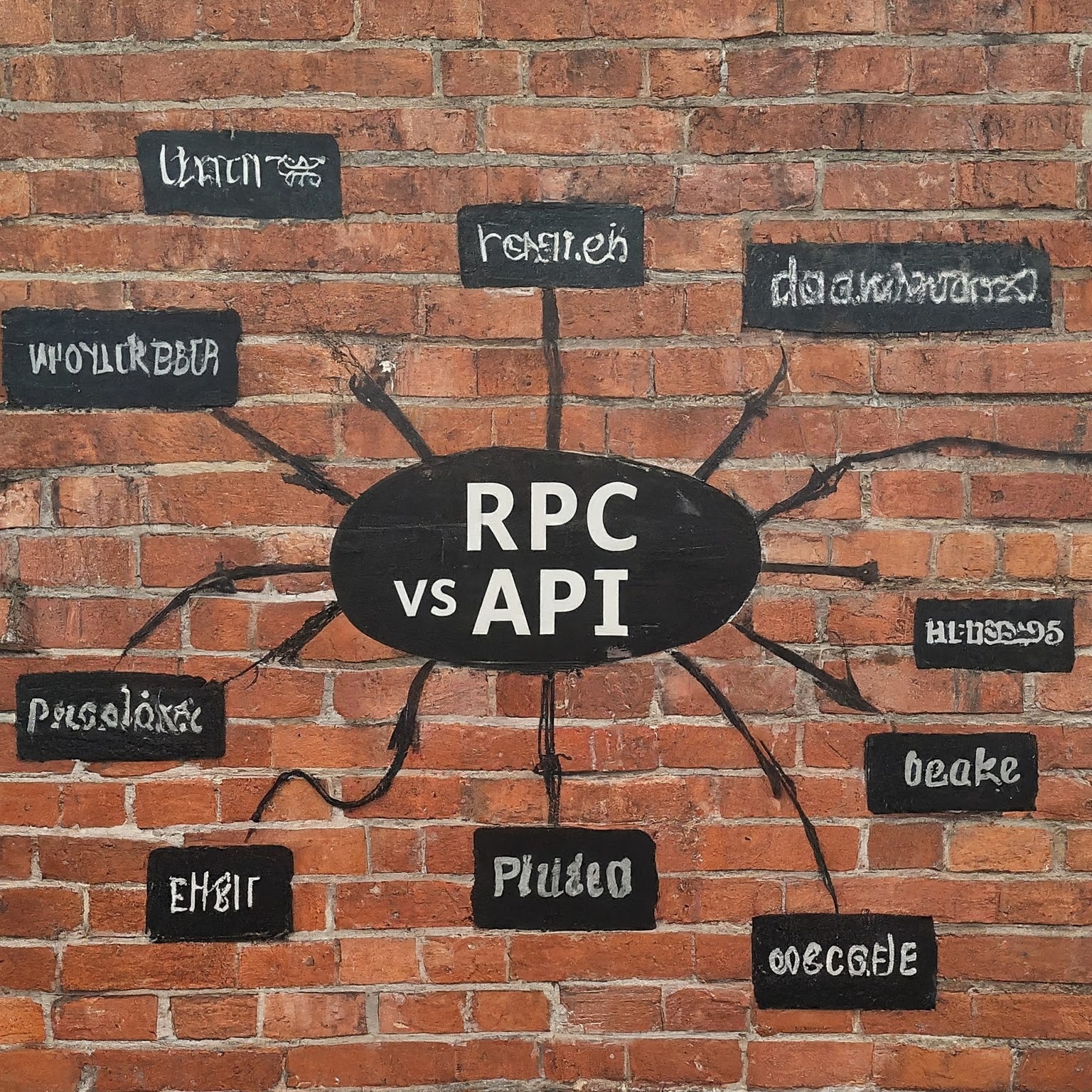
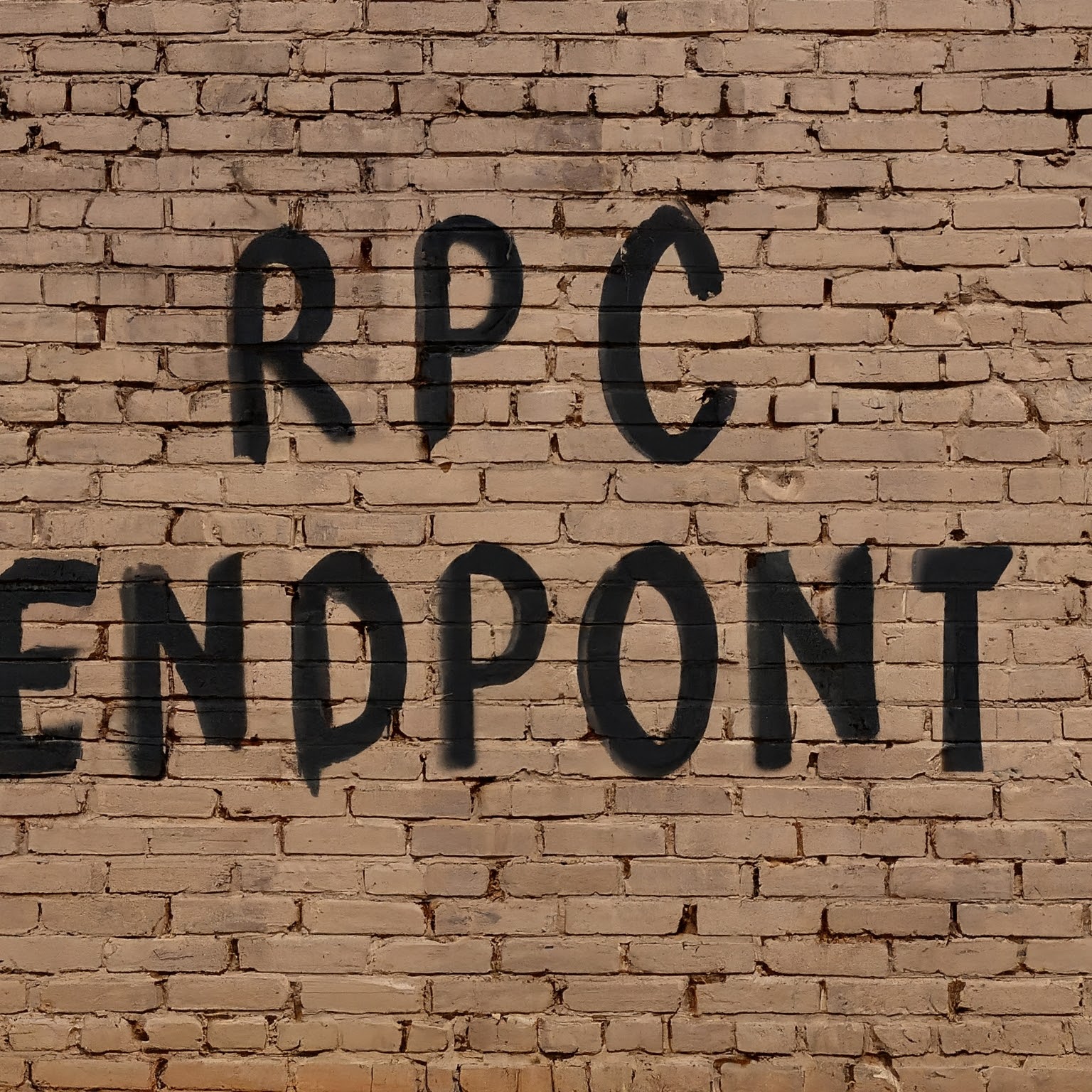
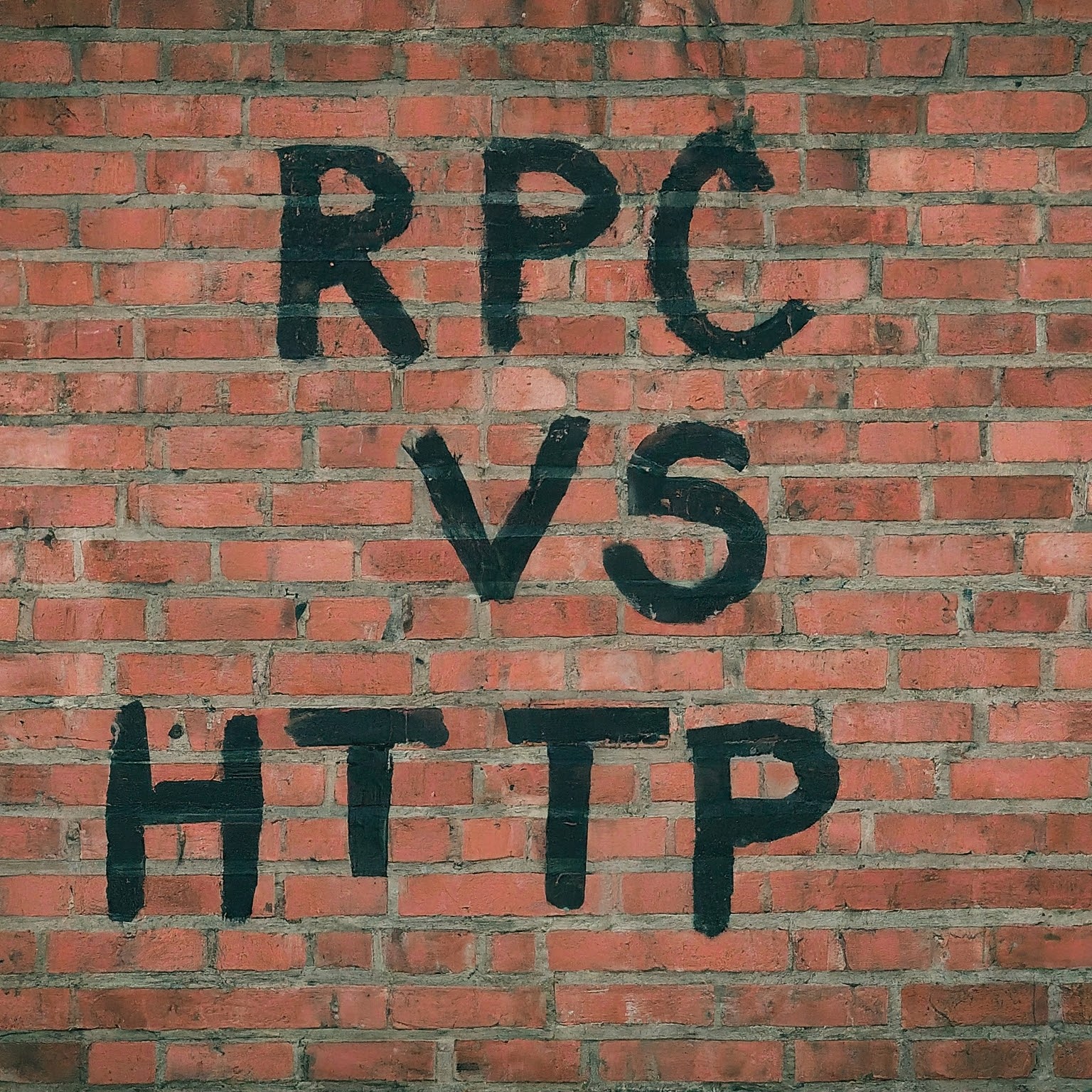
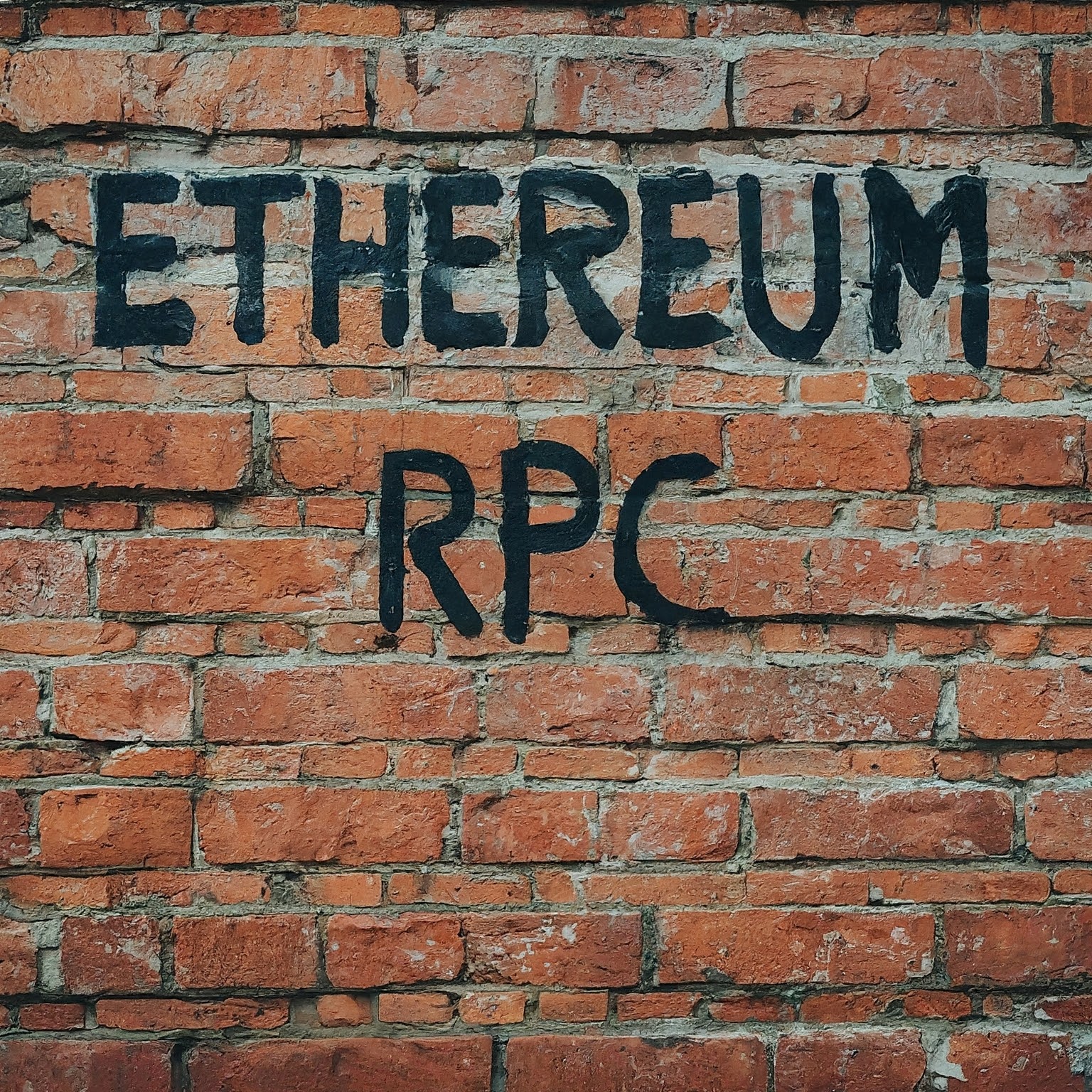
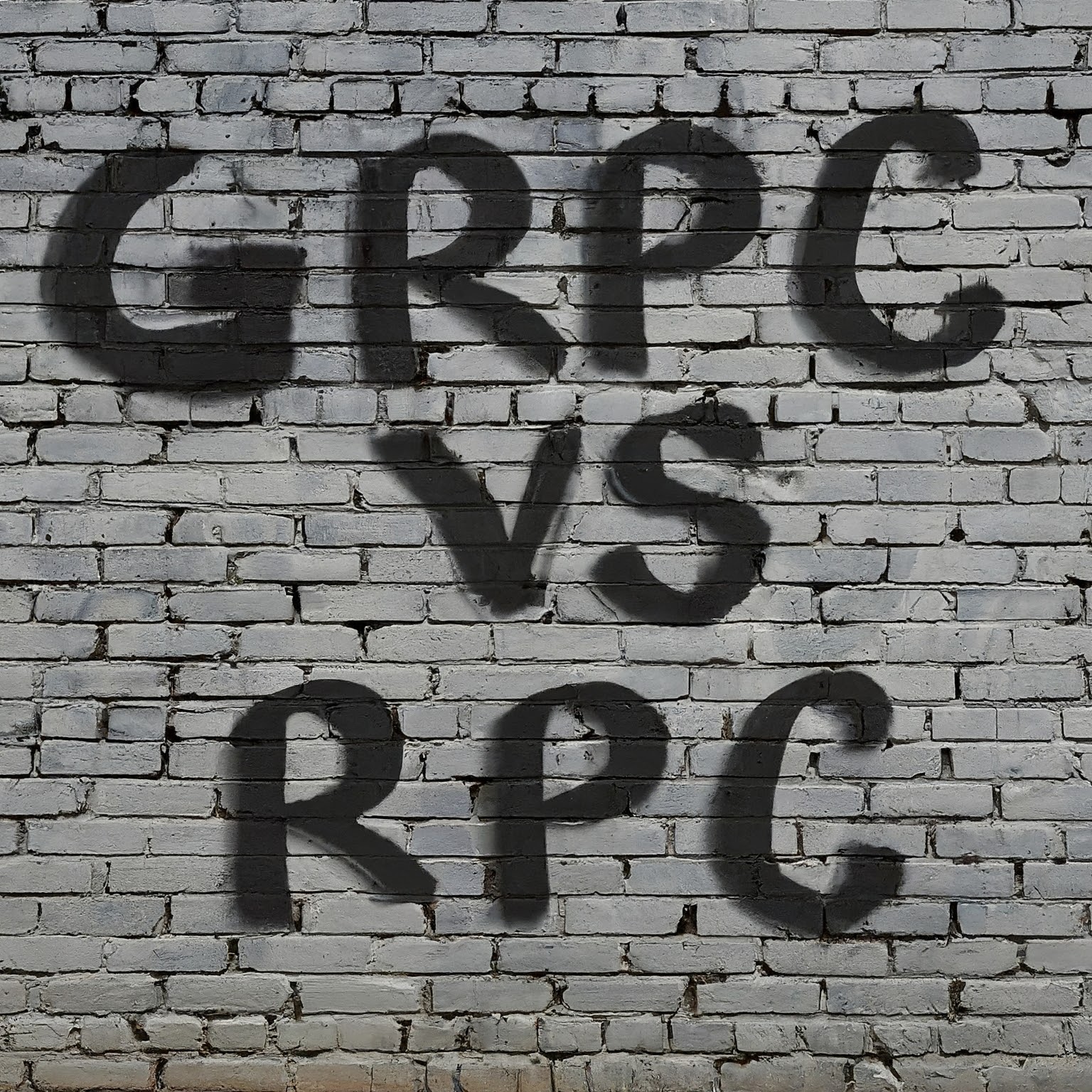
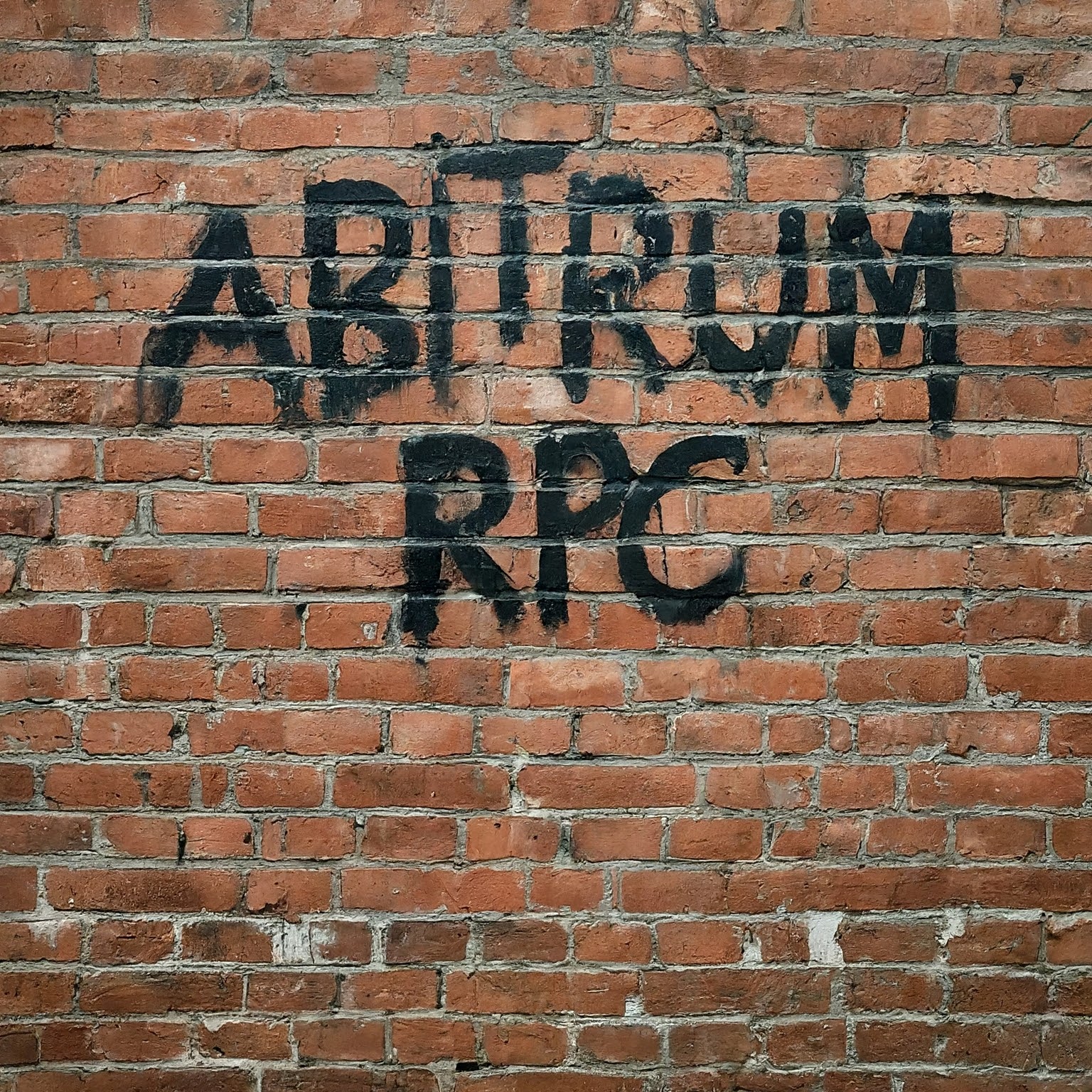
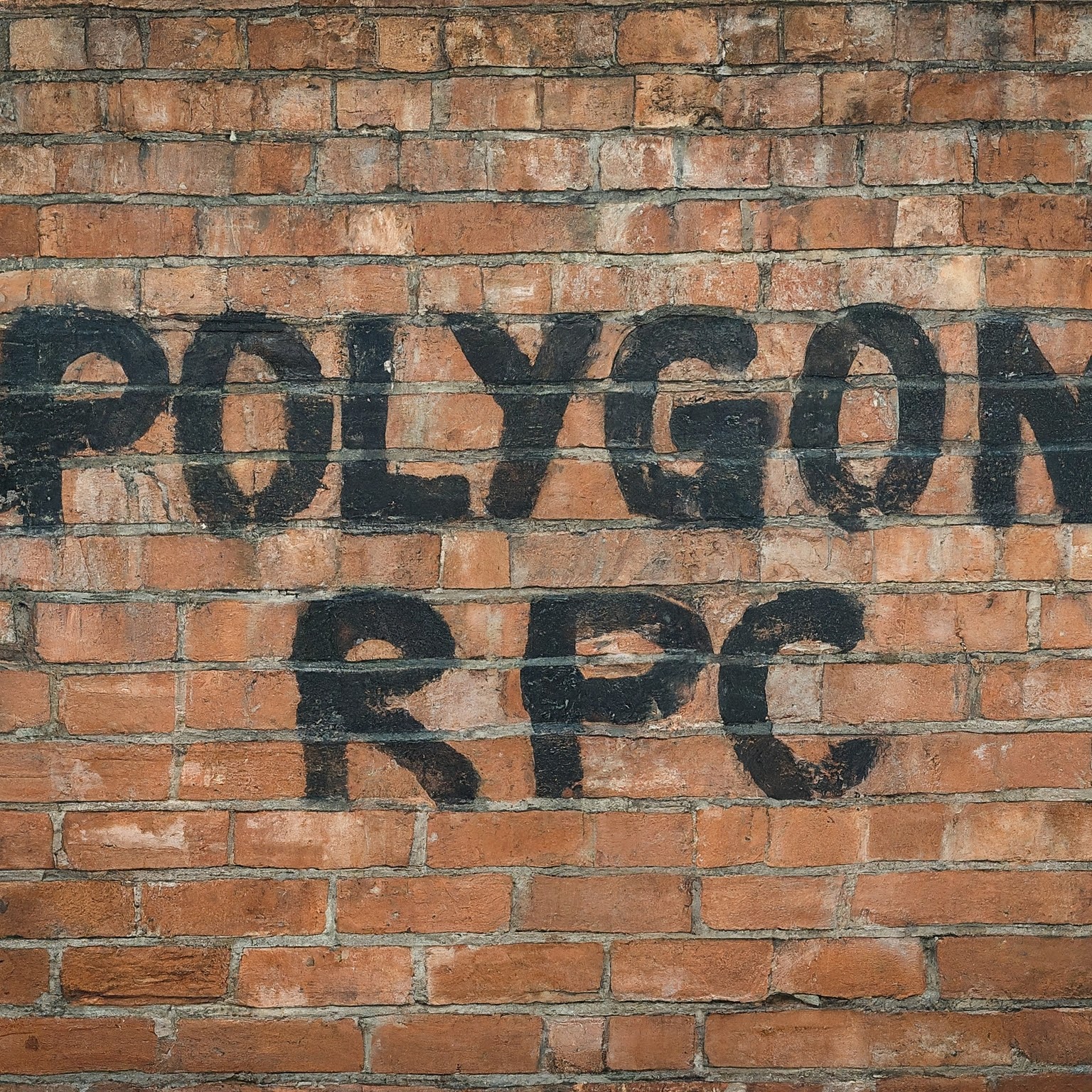
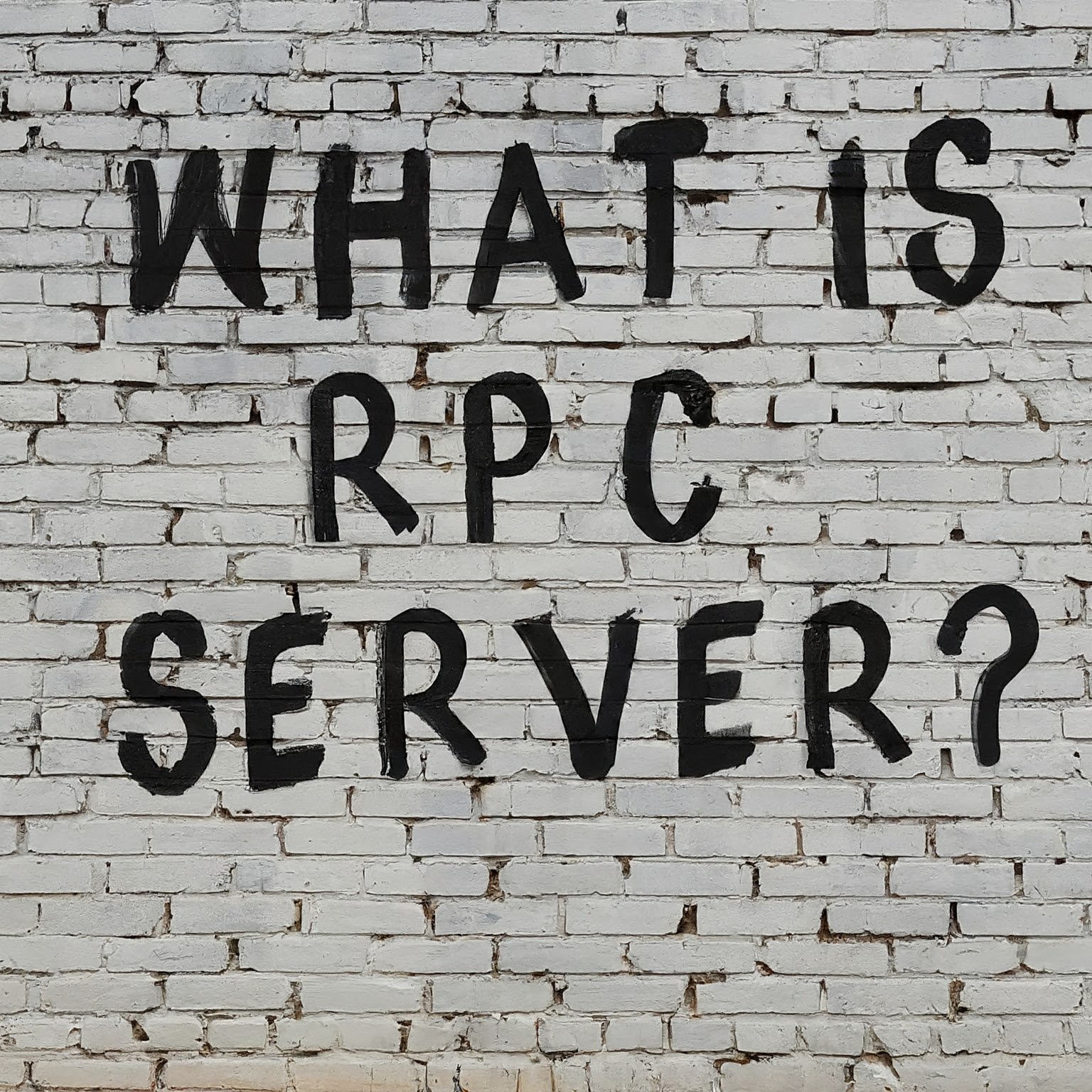
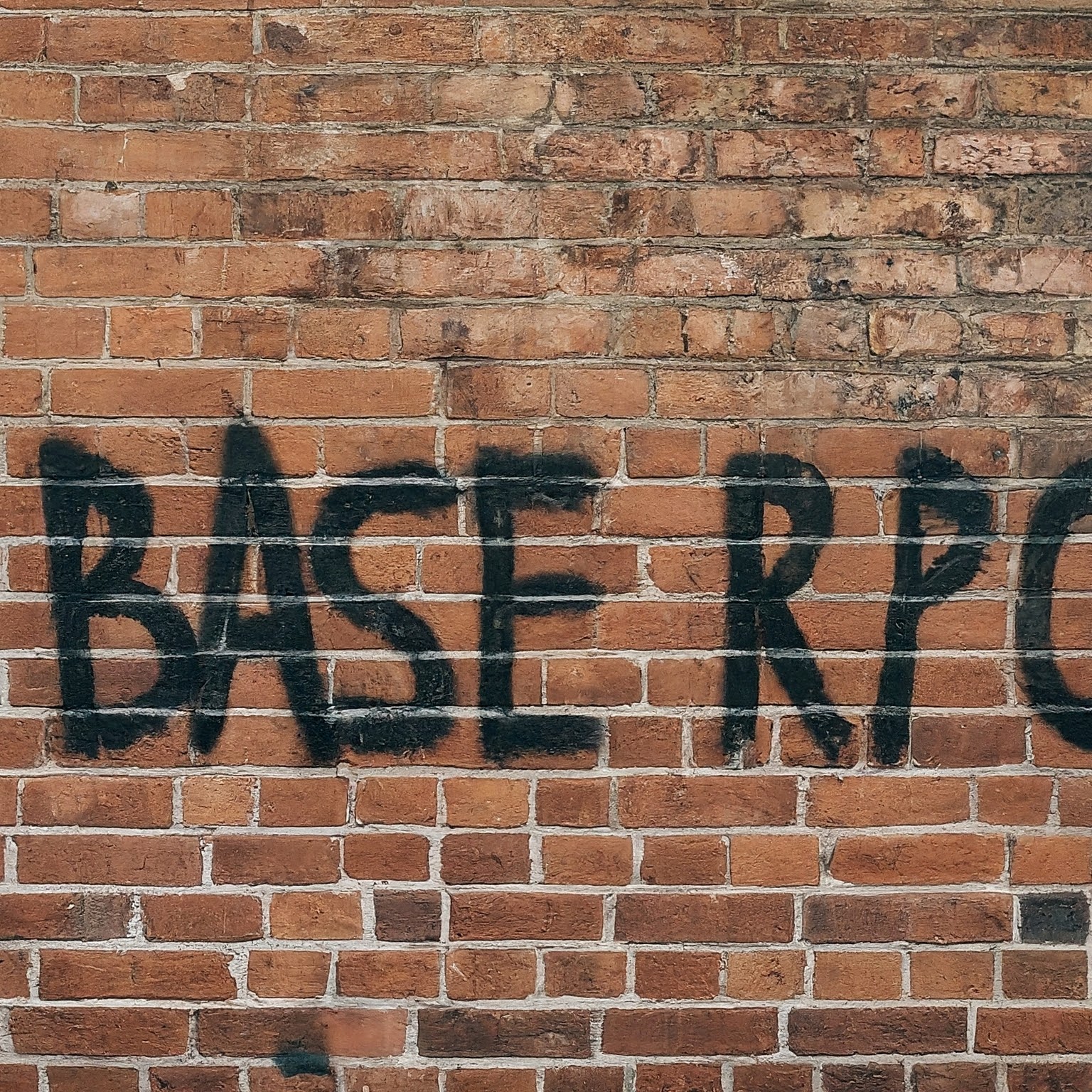
Leave a Reply
You must be logged in to post a comment.